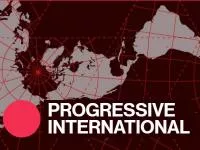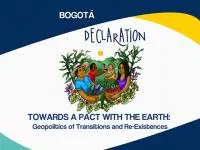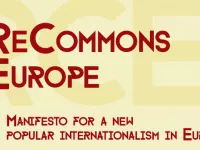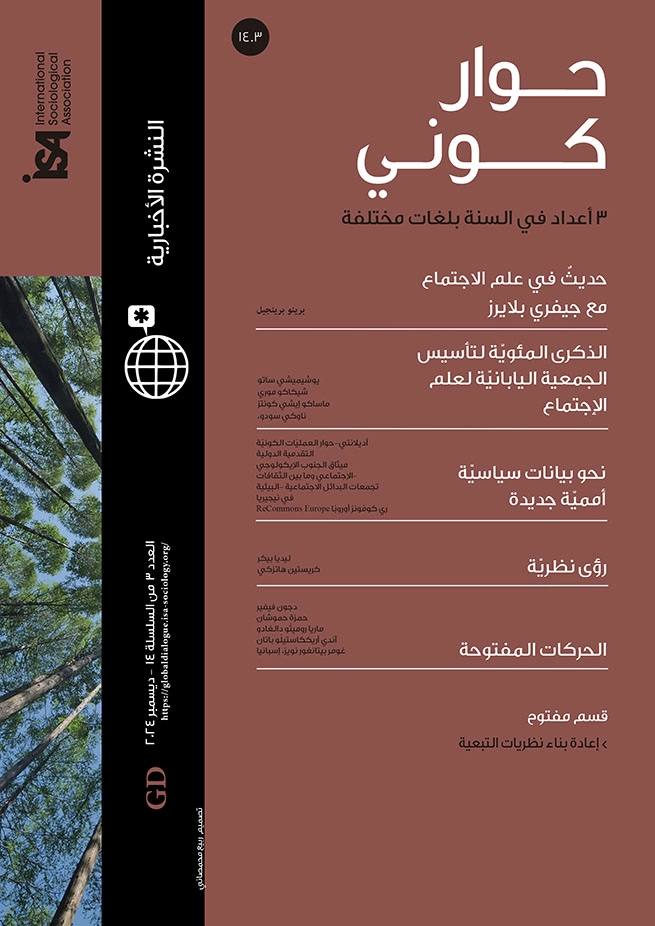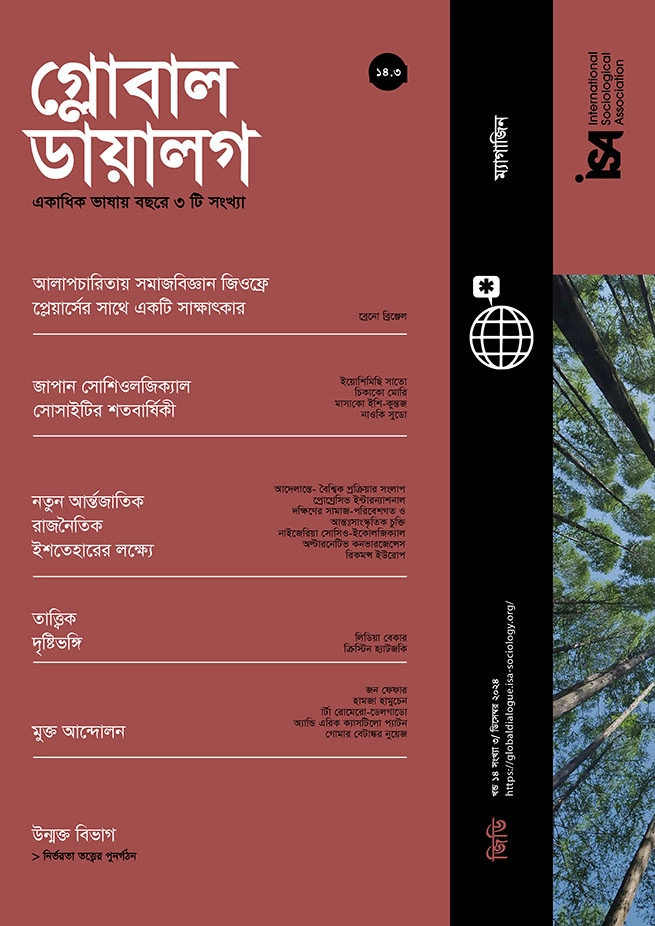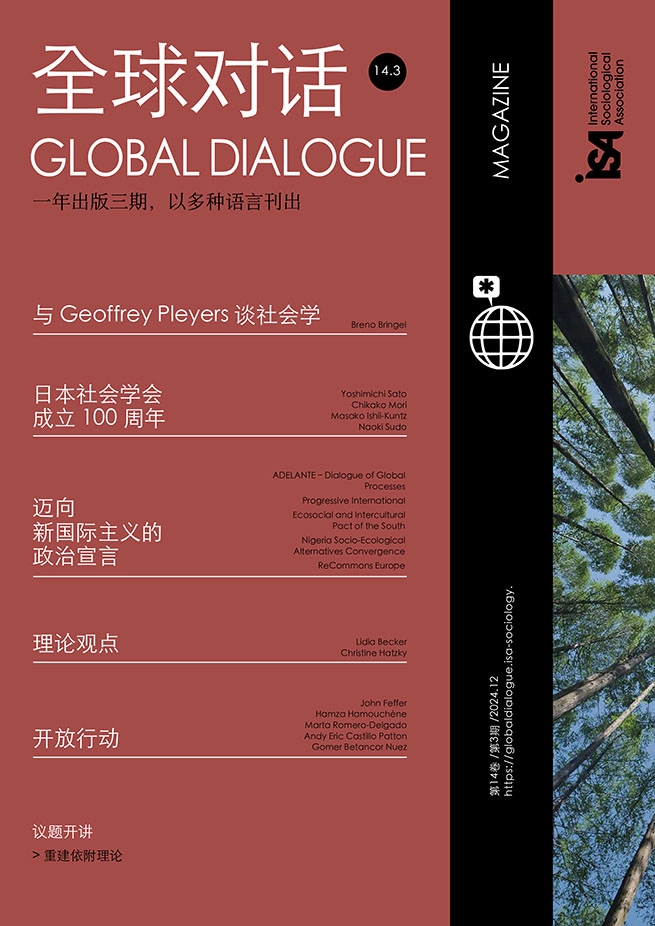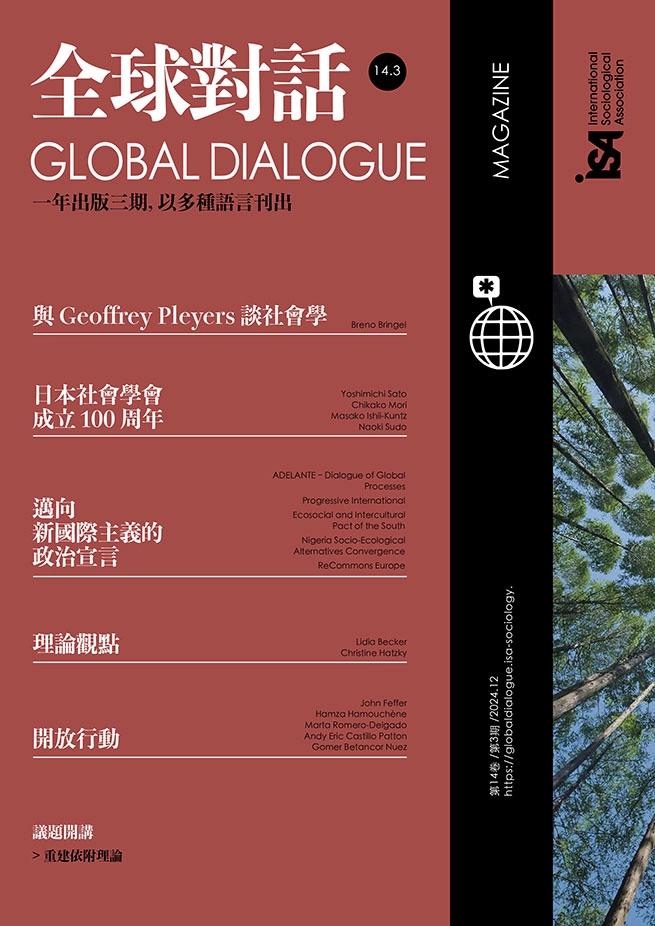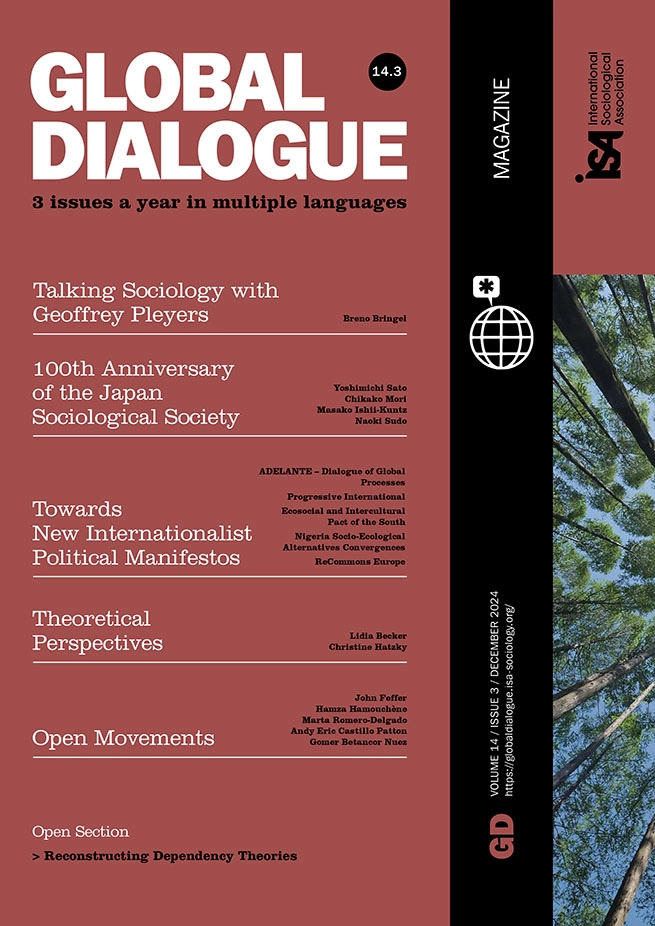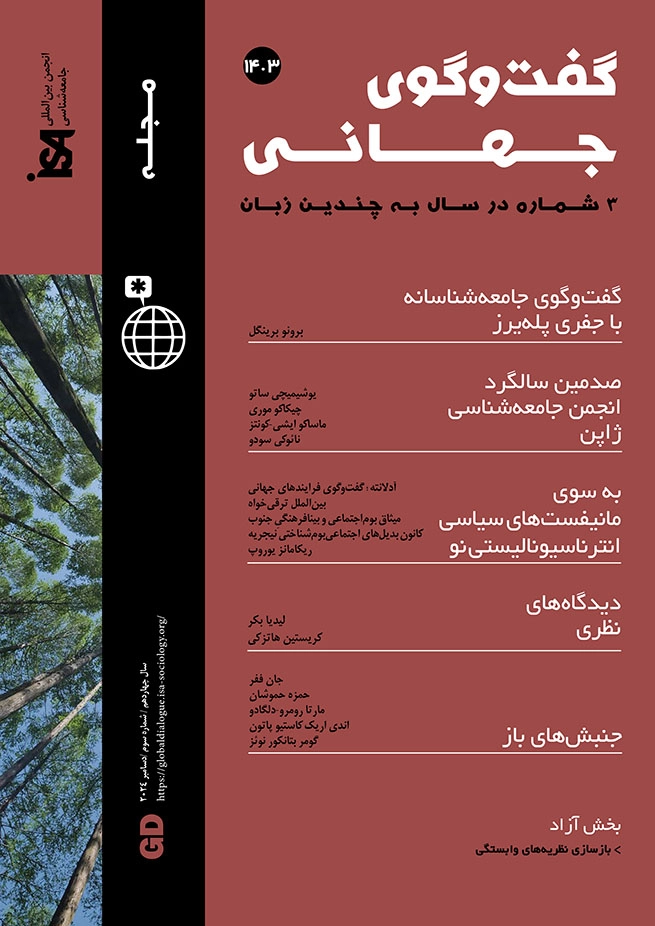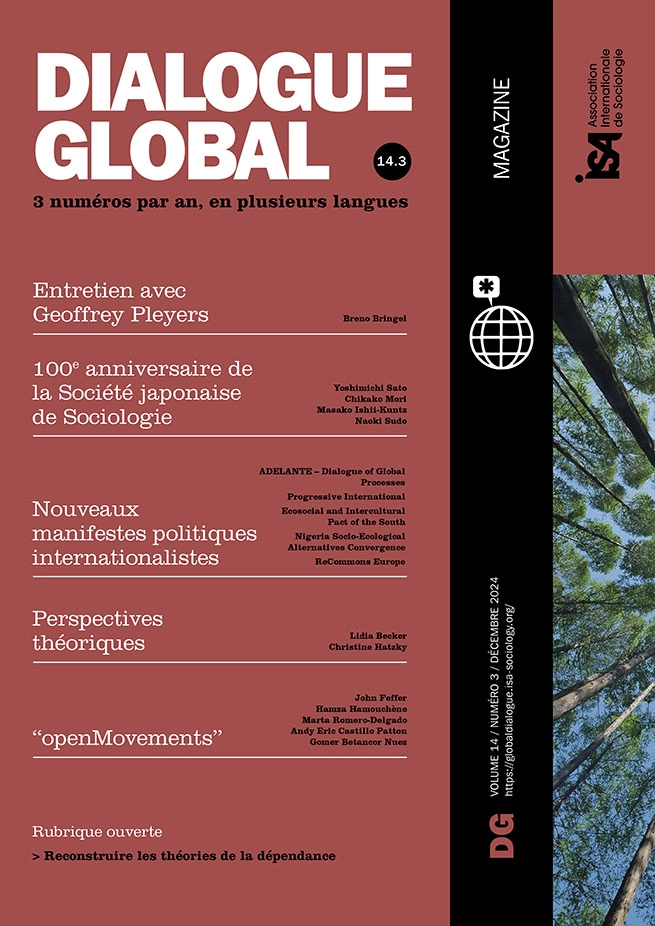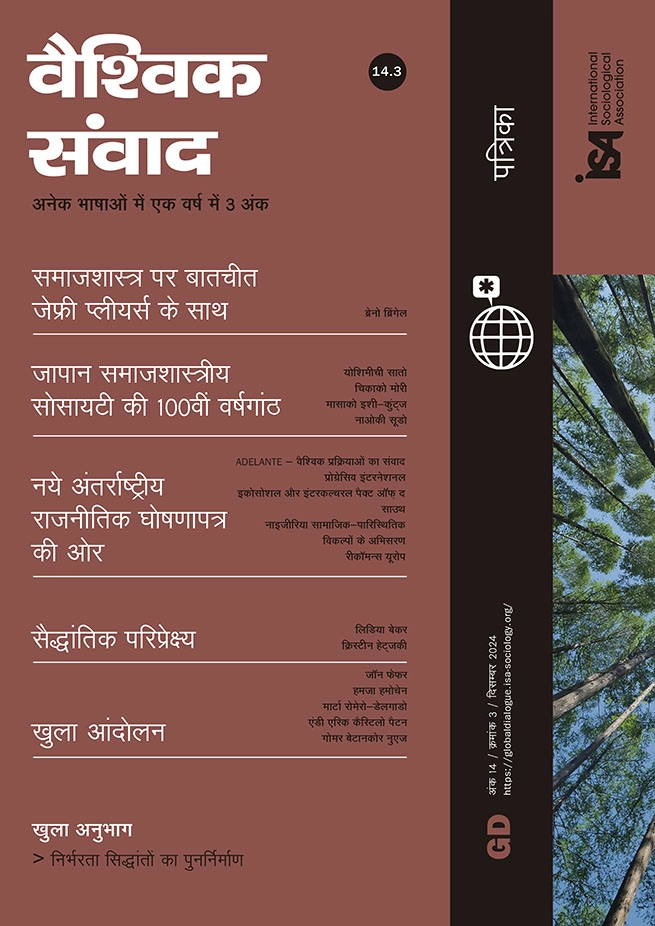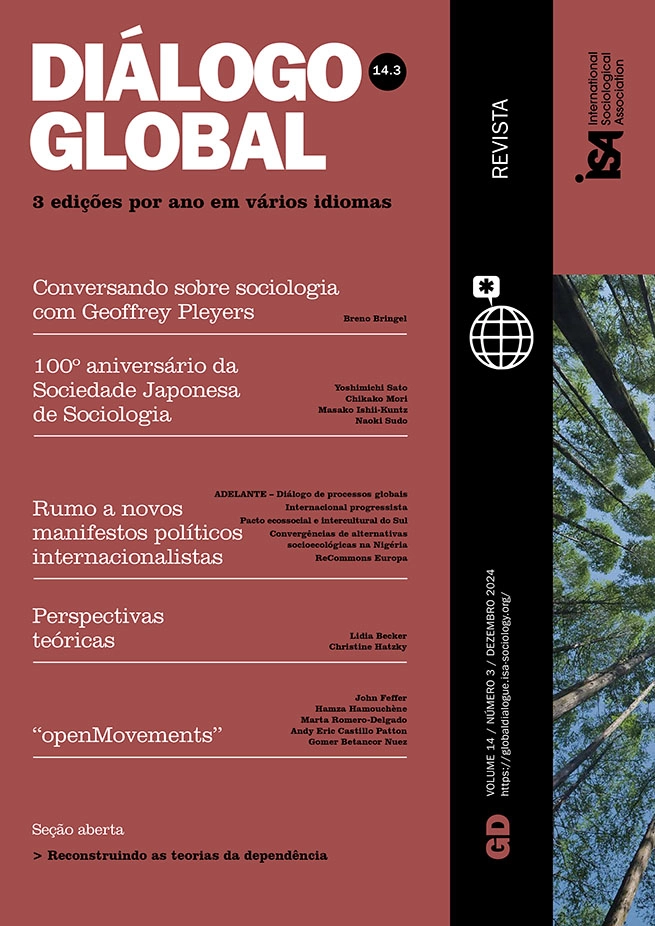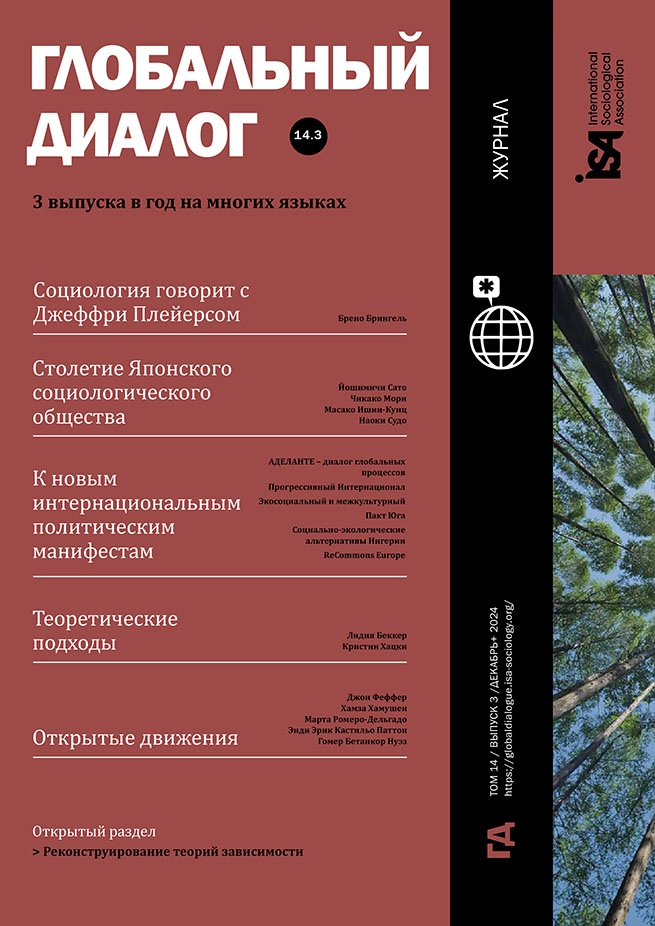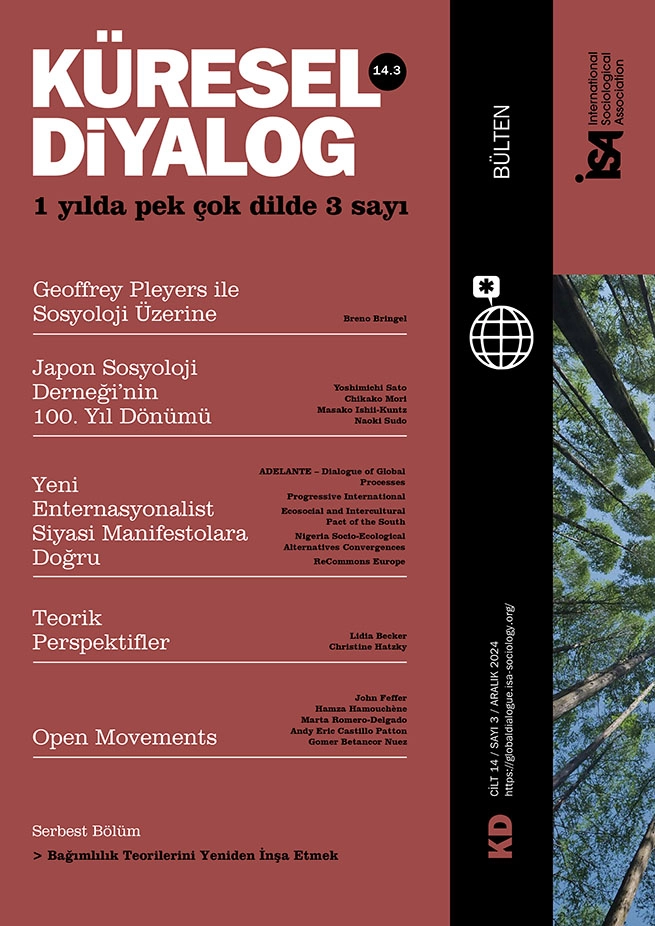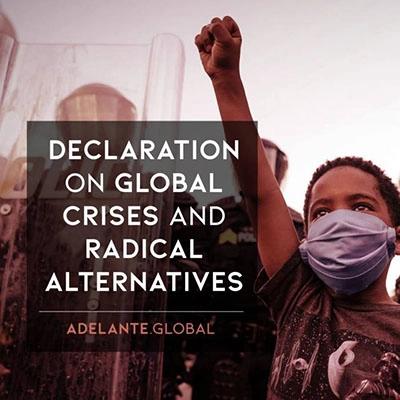The crises we face
- The world is spiralling into an abyss of multiple crises. Deep fissures divide humanity, and humans from the rest of nature. The currently dominant oppressive system is fundamentally flawed and has created and sustains these crises. This system’s roots are in the structures and relations of class, colonialism, racism, patriarchy, capitalism, state domination, casteism and our human-centred focus. It is these roots, not only the symptoms manifested in the crises, that also need to be challenged and transformed.
- There has been a historical process of domination of both peoples and of the rest of nature by the cultural hegemony of authoritarian, imperialist or fascist regimes. This has made entire societies disposable, and displaces and destroys different ways of knowing/being/acting/living.
- The dominant system, backed by today’s military–industrial complex and capitalism, creates or furthers wars and conflicts between nation states, ethnicities and religious faiths, the worst consequences of which are faced by innocent people and the environment.
- Ecological crises, including biodiversity loss, climate change, pollution and toxification of the planet have brought the planet to the verge of a sixth mass extinction: the first to result from human actions and which in turn undermines the lives and livelihoods of billions of people.
- “Development” approaches based on endless economic growth are inherently unsustainable, create false distinctions such as “developed,” “emergent” and “underdeveloped,” and encourage unhealthy and unsustainable patterns of consumption.
- The system that has created multiple crises is also giving us a flurry of “solutions” that only treat the symptoms, not the underlying causes, such as carbon trading, green growth, net-zero, geoengineering and other techno fixes and market approaches.
- The different aspects of these crises are intertwined. We therefore need responses that are also holistic, inter-sectional and integrated, and point to genuine, systemic alternatives.
People’s responses: resistance and alternatives
- A massive groundswell of grassroots action and movements is rising in response to these crises. The movements articulate and demonstrate transformative processes that guide us towards a world that is pluralistic, democratic, decolonised, just, equitable/egalitarian, liberated, feminist, ecologically wise, peaceful, post-capitalist/post-developmental, biocultural, prosperous, solidarity practicing and radical love based. Each movement may have its own interpretation and understanding of such values and terms which can create a pluralism and diversity that are to be respected even as we weave ourselves together based on commonly held fundamental values and ethical beliefs.
- Indigenous peoples, grassroots communities, collectives of various kinds and individuals are practicing pathways of sustainable, equitable living that include agroecology, reclaiming the commons, community health, alternative learning and education, gender and sexual justice, radical democracy and autonomy, localised economies that prioritise relations of caring and sharing, worker-owned or -controlled production, sustaining or reviving a non-binary relationship with all of nature and its conservation by ecosystem-based communities, sustaining or reviving a diversity of cultures, languages, knowledge systems and ways of being, and other such options. Many of these are encompassed within worldviews that respect life, some being continuations of ancient and Indigenous traditions, and some arising as countertrends within modern industrial societies. However, these initiatives are as yet too small or fragmented to acquire the critical mass necessary for wider transformations.
Our commitment to transformation
To build towards deep transformation, we commit to:
- Share and understand critical strategies for change and promote inspiring stories of transformation that is already in place.
- Contribute to a common struggle for disarmament and peace to create a just social and ecological transition.
- Explore and deepen our common positions, ethics and values, even as we celebrate and respect diversity and differences.
- Step into responsibility for political decision-making, most importantly through building people’s power on the ground. We act to affirm that this is power not to dominate (power over), but to transform positively (power to/with).
- Link movements of resistance and constructive alternatives to create the worlds that we want.
- Promote direct action on the ground, locally to globally, transcending nation-states to build solidarity and care between humans and non-humans everywhere.
- Extend our respect and care to the wider circle of life.
- Promote mass egalitarian regenerative technologies and convivial tools that are under democratic control.
- Build a common (but pluralistic, culturally diverse) dictionary and understanding of terms in various languages.
- Explore the extent to which systems of domination are embedded in our own habitual ways of organising and relating, and commit to the work of personal and collective healing that supports us towards more deeply connected ways of being.
While there are powerful people’s movements identifying and resisting the forces behind these crises, as well as practicing and promoting radical alternatives that are equitable and sustainable, we lack a coherent, combined response. We therefore commit ourselves to enabling such a concentration of forces working together across our communities, organisations and movements on communication, relationship building and collaboration. We do this in the spirit of democratic, non-hierarchical mobilisation, open to a pluriverse of ideologies, strategies, pathways and perspectives seeking progressive transformation towards the worlds we want and need.
ADELANTE – Dialogue of Global Processes
Since November 2020, the Global Tapestry of Alternatives (GTA) started a dialogue amongst various global processes that are seeking systemic, fundamental transformations towards justice. These include, besides GTA: Global Dialogue Process; Global Green New Deal; Global Working Group Beyond Development; Grassroots to Global; Multiconvergence; Progressive International and Towards a New World Social Forum. This platform was named as ADELANTE in 2021 and has its own website with updates and resources: https://adelante.global/.
